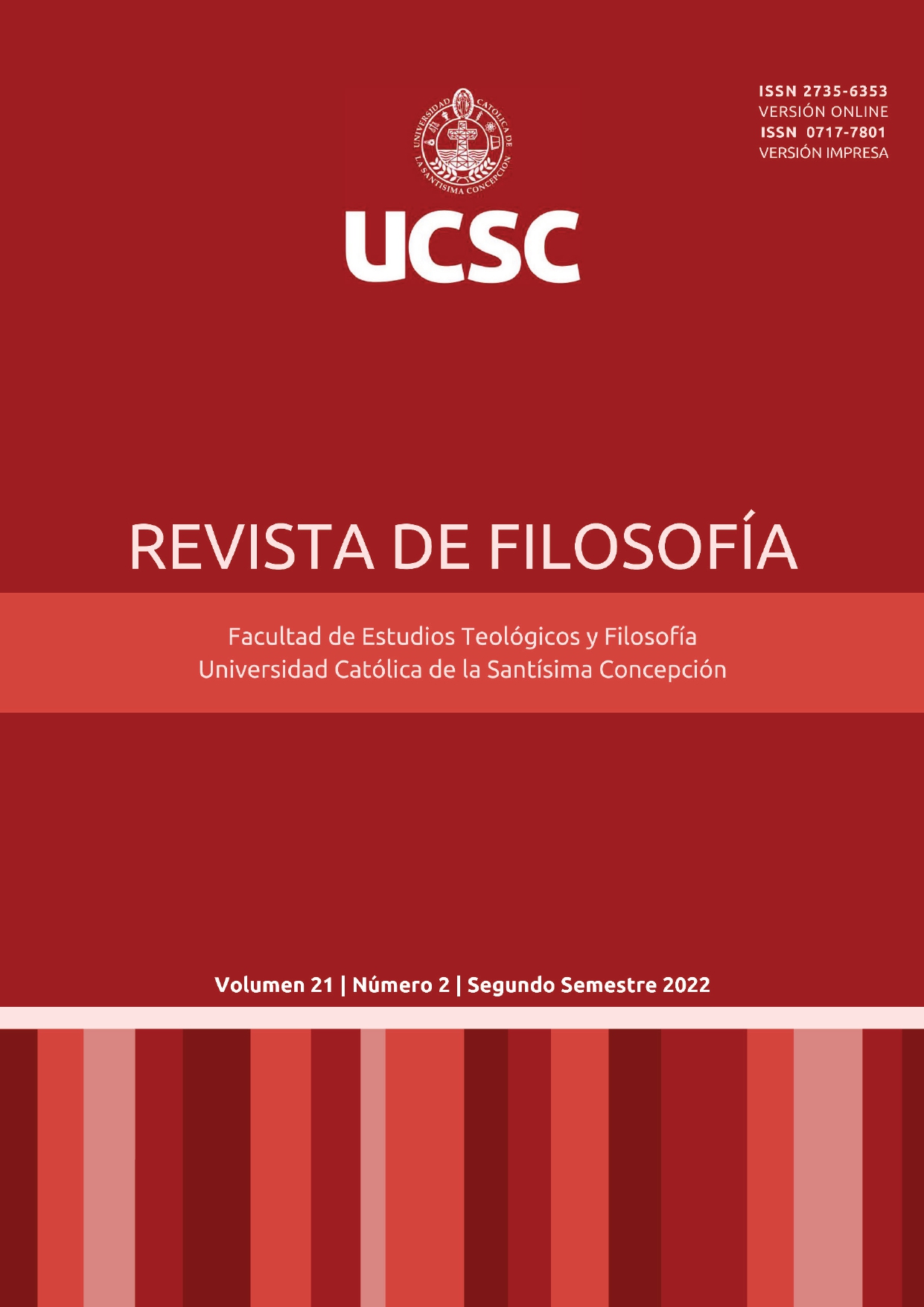Myth and tradition: unavoidable ingredients of every historical narrative. An analysis in light of the studies of L. Duch and J. Huizinga
Main Article Content
Abstract
This essay aims to establish a dialogue between two renowned authors in philosophical and anthropological themes: Lluís Duch and Johan Huizinga. Duch proposes a reflection on existence itself based on the linguistic and morphological elements used in ancient Greece to explain, narrate, and argue the complexities of the human condition: mythos and logos. In this article, we want to examine Duch's argument and apply it to the study of history. If history, understood as a narrative of the past, is a creation of humans, then it is expected that the historical account has a significant share of mythological elements. To make our hypothesis plausible, we will study the philological bases of the terms in question: mythos and logos, and secondly, approach the topic of history, understanding it - mainly following J. Huizinga - as a spiritual product through which a generation "accounts for its past." In this way, by the end of our work, we hope to have demonstrated that the historical narrative of any time and place contains within it an important mythological element that should not be dismissed but rather demands the attention of philosophers, anthropologists, and historians.
Downloads
Metrics
Article Details

This work is licensed under a Creative Commons Attribution-NonCommercial 4.0 International License.
The Revista de Filosofía UCSC is an open access journal and does not charge for publication. In addition, it regulates its Copyright and access policy according to the Creative Commons Attribution-NonCommercial 4.0 International Public License (CC BY-NC 4.0), therefore sharing (reproducing and distributing the material in any medium or format) and adaptation (modifying, transforming, and creating from the material) is allowed as long as proper credit is given and the citation is included with the corresponding data. Moreover, it is not allowed to use the material for commercial purposes.
References
Arvea, A. (1999). ¿Por qué estudiamos latín? Onomazein, 4, 371-379.
Campbell, J. (2014). En la búsqueda de la felicidad: mitología y transformación personal. (D. Kudler, Ed., D. González Raga & F. Mora, Trads.). Barcelona, Spain: Kairos.
Castoriadis, C. (2006). Lo que hace a Grecia: de Homero a Heráclito. La creación humana II (T. Arijón, Trad.). Fondo de Cultura Económica: Argentina.
Duch, L. (2002). Mito, interpretación y cultura. Herder: Barcelona, Spain.
Ferro Bayona, J. (2015). El mito de la filosofía. Universidad del Norte: Colombia.
Glare, P. G. W. (1990). Oxford Latin Dictionary. Oxford, England: The Clarendon Press.
Graves, R. (1985). Los mitos griegos I. (L. Echávarri, Trad.). Editorial Alianza: Madrid, Spain.
Huizinga, J. (1977). El concepto de la historia. (W. Roces, Trad.) (Primera edición, 1946, reimpresión 1977). Fondo de Cultura Económica: México D.F.
Jaeger, W. (1943). Paideia: the Ideals of Greek Culture. (G. Highet, Trad.) (Vols. 1-3). Oxford University Press: New York.
Kerényi, K. (1964). Griechische Grundbegriffe, Fragen und Antworten aus der heutigen Situation. Zurich, Switzerland.
Lidell, H. G., & Scott, R. (1996). Greek-English Lexicon With a Revised Supplement. Oxford, England: The Clarendon Press.
López Pérez, R. (2012). El mito griego con razón. Homero y Hesíodo en el origen de la filosofía. Medicina y Humanidades, 4, 61.




